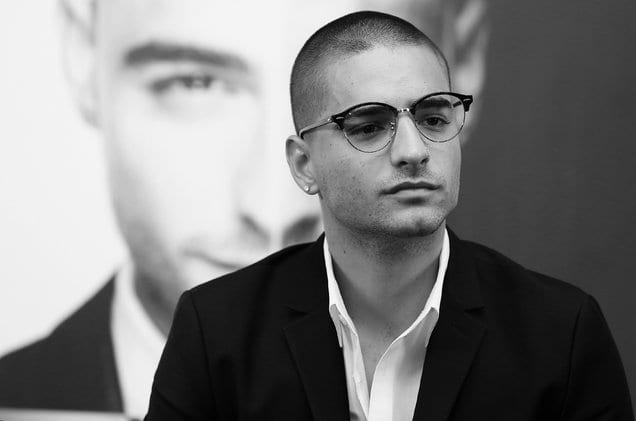
SANTIAGO – President Sebastian Pinera has assured that justice would be served following a controversial police raid that last week ended in the shooting death of an indigenous Mapuche man in the restive Araucania region of south-central Chile.
The billionaire businessman, during his visit Friday, told reporters that the unresolved shooting would not stall a previously announced $24 billion (18.7 billion pounds) plan to bring an end to a long-running conflict between the Mapuche and the Chilean state.
[EN VIVO] Desde La Araucanía https://t.co/0jsOu4T6a5
— Sebastian Piñera (@sebastianpinera) November 23, 2018
In a press conference, the president showed his support for Chile’s police and stressed the special operations groups known as the Jungle Command will remain in Mapuche territory.
The region’s Mapuche indigenous residents accuse the state and private companies of taking their ancestral land, draining its natural resources and using undue violence against them. Their communities are among the poorest in Chile.
“We can’t fall in the trap of going to extremes here. We need dialogue, collaboration, and agreements, but only with those who are seeking… peace,” Pinera said.
Nstro Gobierno y este Pdte nunca eludirá y siempre enfrentará los problemas. Por eso vinimos a La Araucanía, a solidarizar con víctimas,escuchar las voces, ratificar compromiso con seguridad y Estado de derecho y redoblar compromiso con Plan Araucanía #PazYDesarrolloEnLaAraucania
— Sebastian Piñera (@sebastianpinera) November 23, 2018
“The special operations group will continue because the presence of Carabineros (police) is needed,” he said.
Camilo Catrillanca, a 24-year-old father and husband, was killed by members of the special operations group, commonly known as Jungle Command, which has been criticized for targeting Indigenous people.
Camilo was driving his tractor along with a 15-year-old boy when Carabineros shot against them despite the lack of threat to life. Police officers said they came under fire to justify shooting at the two Mapuches but they were also found responsible for destroying the video recording of the incident.
“Beyond the mistakes that can be made by a few Carabineros, who are always going to be sanctioned, the work of Carabineros de Chile (…) is to protect our lives, often even risking their own,” Piñera said at a press conference.
Hoy, el Pdte @sebastianpinera visitó la #LaAraucanía junto a los ministros @andreschadwickp y @amorenocharme para promover la paz y el desarrollo: “El diálogo es el camino para encontrar los acuerdos”. Más en: https://t.co/ydWLSPwEIV @jatton #PazyDesarrolloEnLaAraucanía pic.twitter.com/DWZ5nx98cF
— Prensa Presidencia de Chile (@presidencia_cl) November 23, 2018
Marcelo Catrillanca, the father of the murdered Mapuche man, rejected Piñera’s visit to the regions. “It adds fuel to the fire,” he said.
In an interview with Dinamo he said on Saturday they will respond to the Chilean state as a “Mapuche nation” and denounced 24-hour vigilance against his family through a drone. Marcelo also explained they have filed a lawsuit in the case and insisted they demand the end of the Jungle Command.
The state murder of Catrillanca, the 16th Mapuche murdered at the hands of state security forces since the return to democracy in 1990, caused a national uproar with Chileans across the country joining in protests to demand justice for Camilo and accountability for the police and state authorities.
Chilean police initially said it was unclear who shot Catrillanca because none of the members of the special forces unit that handled the raid had worn body cameras.
But one of the policemen involved was later spotted in media footage wearing a camera. The policeman told investigators he had destroyed the camera’s memory card.
Local prosecutors launched an investigation earlier this week at the behest of the Pinera administration to determine who shot Catrillanca, and why.
“We don’t want the death of Camilo Catrillanca to be in vain,” Pinera said. “We want it to permit us to understand the importance of coming to agreement… in the recovery of peace and public order.”



